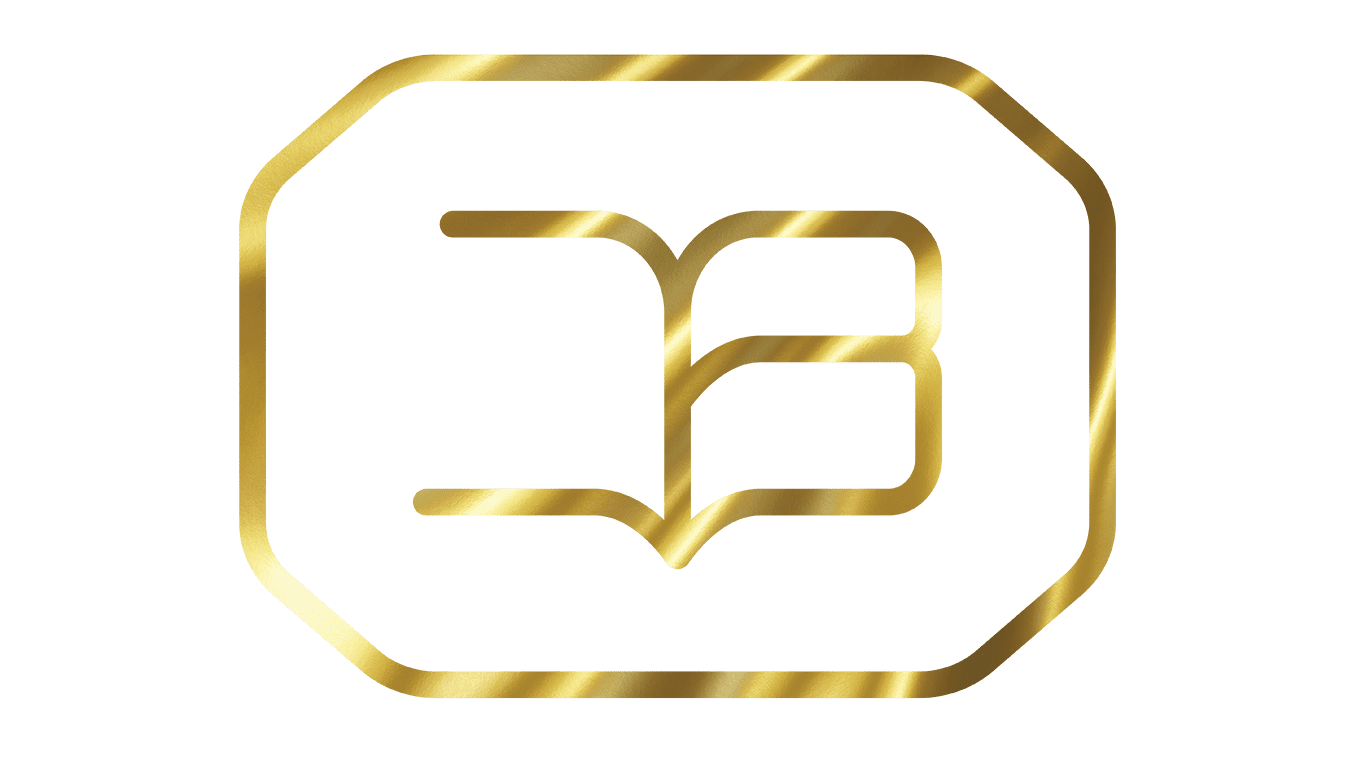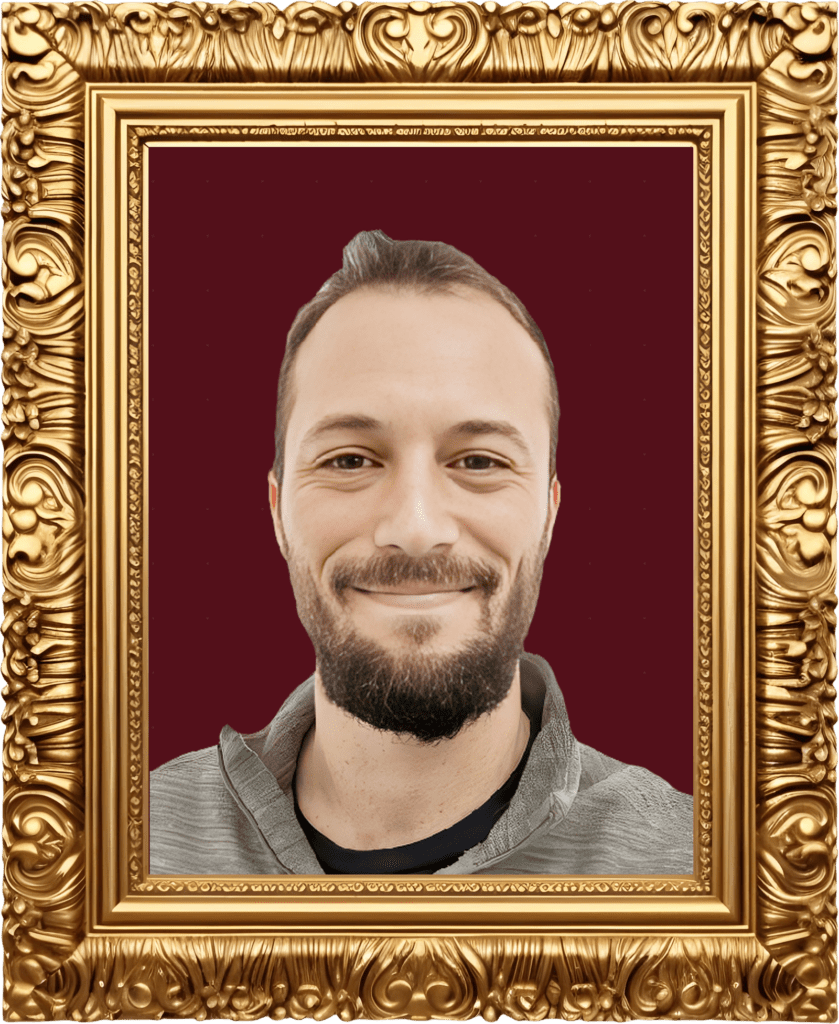צרו איתנו קשר!
חקר מדעי המוח
Neuroscience Research
About The Course
על הקורס
בקורס חקר מדעי המוח נלמד אודות המבנים והפונקציות המרכזיות של המוח. נלמד את תפקידו של המוח ביחס לשאר הגוף וביחס לעצמו. נלמד כיצד המוח מהווה מרכז בקרה ושליטה של הגוף וכיצד המוח מבצע תהליכי בקרה ושליטה על עצמו. למעשה, הקורס יקנה הבנה כללית אודות טבע ותפקוד האזורים השונים של המוח וכיצד תפקוד אזורים אלו רלוונטיים להתנהגות האנושית היומיומית.
נתחיל בהכרת אבני הבניין של המוח – הנוירונים. נלמד את הסוגים השונים שמצויים במוח, את המבנה הייחודי לכל סוג ואת האופן בו נוירונים פועלים. נלמד על האופן בו זרימה חשמלית ושליחת אותות כימיים בין נוירונים מאפשרת להם לתקשר ולהעביר מסרים עמוסי מידע, וכיצד העברת מידע מסוג זה עומדת בבסיס כל תפקוד הגוף האנושי.
לאחר מכן נתקדם ונכיר את אבני הבניין של המוח ותפקידיהם – הקורטקס, המערכת הלימבית, גזע המוח הצרבלום ועוד. נבין כיצד פעילות האזורים השונים במוח משפיעה על ההתנהגות, הרגשות והפעולות שלנו: נלמד איזה אזור במוח אחראי על המוטוריקה שלנו ואיזה אזור במוח אחראי על הסנסוריזציה שלנו. נלמד איזה אזורים במוח אחראים על פונקציות קוגניטיביות גבוהות ואילו אזורים אחראים על תפקודי הישרדות בסיסיים. נלמד אילו אזורים במוח פועלים כאשר אנו פוחדים ואילו אזורים במוח אחראים לשמר זיכרונות. כמו כן, נלמד כיצד המוח מתפקד כמערכת הבקרה והשליטה על הגוף כולו. למעשה, בשלב זה של הקורס נכיר את אחד הנושאים הבוערים ביותר כיום במדע: הקשר שבין פונקציות מוחיות לפונקציות נפשיות. במילים אחרות – בשלב זה של הקורס נתבונן גם בהשפעה שיש לתפקודי המוח השונים על התפקודים הנפשיים השונים.
לבסוף, נשתמש במספר פתולוגיות מוחיות מרתקות כדי להעמיק את ההבנה אודות הפונקציונליות המוחית והמשמעות של כשל בפונקציונלית זו ביחס לתפקוד פעולות הגוף ותפקודים קוגניטיביים ורגשיים גבוהים.
לאחר הקורס, ידעו הסטודנטים לזהות את סוגי הנוירונים השונים במוח ואופן פעילותם; את המבנים המרכזיים במוח ואופן תפקודם; לקשר בין התנהגויות, פעילויות, תחושות, רגשות ופונקציות קוגניטיביות גבוהות ובין מבנים שונים במוח; לאפיין מספר פתולוגיות מוחיות ואת הגורם להם; ויהיו בעלי הבנה בסיסית אודות המוח, תפקודו והיחס שלו אל הגוף ואל פונקציות נפשיות.
* הקורס יותאם לרמת כל שכבת גיל.
In the Brain Science Research course, we will learn about the central structures and functions of the brain. We will study the brain's role in relation to the rest of the body and to itself. We will learn how the brain serves as the body's control and command center and how the brain performs control and command processes on itself.
In fact, the course will provide a general understanding of the nature and function of different brain regions and how the function of these areas is relevant to everyday human behavior. We will begin by introducing the building blocks of the brain – neurons. We will learn about the different types found in the brain, the unique structure of each type, and how neurons operate. We will learn about how electrical flow and chemical signal transmission between neurons allow them to communicate and transmit information-laden messages, and how this type of information transfer underlies all human body function.
We will then progress to learn about the building blocks of the brain and their functions – the cortex, the limbic system, the brain stem, the cerebellum, and more. We will understand how the activity of different brain regions affects our behavior, emotions, and actions: we will learn which brain region is responsible for our motor skills and which brain region is responsible for our sensorization. We will learn which brain regions are responsible for higher cognitive functions and which regions are responsible for basic survival functions. We will learn which brain regions are active when we are afraid and which brain regions are responsible for preserving memories.
We will also learn how the brain functions as the control and command system for the entire body. In fact, at this stage of the course, we will familiarize ourselves with one of the hottest topics in science today: the connection between brain functions and mental functions. In other words – at this stage of the course, we will also look at the impact that different brain functions have on various mental functions.
Finally, we will use several fascinating brain pathologies to deepen our understanding of brain functionality and the meaning of failure in this functionality in relation to body function and higher cognitive and emotional functions.
After the course, students will be able to identify the different types of neurons in the brain and how they function; the central structures in the brain and how they function; connect behaviors, activities, sensations, emotions, and higher cognitive functions with different structures in the brain; characterize several brain pathologies and their causes; and have a basic understanding of the brain, its function, and its relationship to the body and mental functions.
* The course material will be tailored to the age of the learners.







